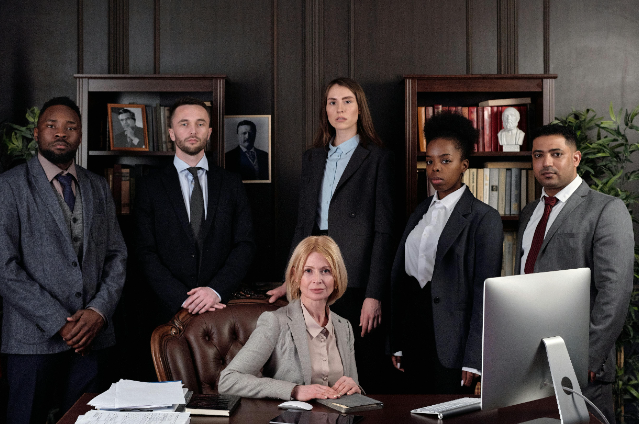
I was fifteen once. And then I turned sixteen. It’s funny how just a year can feel like a whole lifetime. Sixteen wasn’t just another birthday for me - it felt like a door opening, a sudden awareness of the world and of myself in it. I started noticing things I hadn’t before, the kind of things that make you pause and think about your own place in the world.
I was born into a middle-class family, well-regarded in our neighborhood. My parents had always stressed education and manners. Until class ten, I went to a private ICSE school, paying around thirteen hundred rupees every month. I had books, computers, labs, teachers who pushed me, all of it. I didn’t really think about it at the time; I just went to school. But then I switched to a public school, and suddenly I was in a very different environment. I was still privileged, but I started noticing the gaps, the differences in access, in opportunity. And I started noticing myself, too.
Sixteen was the year I became aware of my privileges. It wasn’t just a vague feeling. I could see it. I could feel it in the way teachers treated me, in the ease with which I accessed information, in the respect people automatically gave me. I realized that I had been born into a position that gave me doors that others struggled to even knock on. And I knew I couldn’t just ignore it. I started asking myself difficult questions: Why me? What do I do with this? How do I make sure I’m not taking up space that someone else deserves?
I became careful about everything - how I spoke, what I read, even what I wore. I started minimizing my clothes, keeping only what I needed. I read more, but with intention: about history, politics, social justice, and law. I wanted to understand the world, not just survive it. And slowly, I began noticing the small things I could do differently, the choices that mattered in everyday life.
Politics became part of me around this time. Not the party politics you see on TV, but the kind that asks you to look at your own actions and your own responsibilities. I started reading newspapers every day. I got on Twitter, not for trends or entertainment, but to see conversations happening in the country, to listen and sometimes speak. I realized that politics wasn’t distant. It wasn’t only in elections. It was in how we treated each other, how we used the privileges we had, and how we responded to injustice in our daily lives.
It was during this period that I first thought seriously about law. I realized that the law was not just a career. It was a tool, a weapon, a way to make change. And for someone like me, who had access and privilege, the law could be a way to fight for those who didn’t. I wanted to use my position not for personal gain, but for justice. I wanted to support people who had fewer doors, fewer opportunities, fewer voices. I wanted to understand the systems that shape our society and use that knowledge to make things fairer, even in small ways.
Deciding to become a lawyer didn’t come out of nowhere. It came from months of thinking, reading, observing, and listening. It came from realizing that privilege can be powerful, but only if used responsibly. I wanted to take what I had been given - the education, the platform, the voice - and use it intentionally. The law gave me that possibility. It gave me a path to turn awareness into action, ideas into advocacy.
It also made me think about responsibility. I knew that just knowing about inequality wasn’t enough. I had to act. I had to commit. Even small gestures mattered. Even small choices mattered. Law became a way to channel all of this - the anger at unfairness, the desire to help, the need to use what I had wisely. It became a path that connected my personal awareness with the broader social world.
Looking back, I see that sixteen was less about becoming a lawyer and more about becoming conscious. It was about seeing the world as it is, seeing myself as I am, and deciding to do something about it. Law is still the path I want to walk, but it is also a commitment = a promise to myself that I will keep noticing, questioning, acting. That I will use what I have for more than myself. I will try to create spaces for others, even when it’s uncomfortable or slow.
I still think about those early days. The books I read at night, the conversations I eavesdropped on at home, the first time I felt ashamed of my own comfort. Sixteen was the beginning, but the work continues. Becoming a lawyer is not the end of the journey. It is, in many ways, the beginning of living consciously, intentionally, and responsibly. And that, I think, is why I chose this path - not just to practice law, but to live by it.
